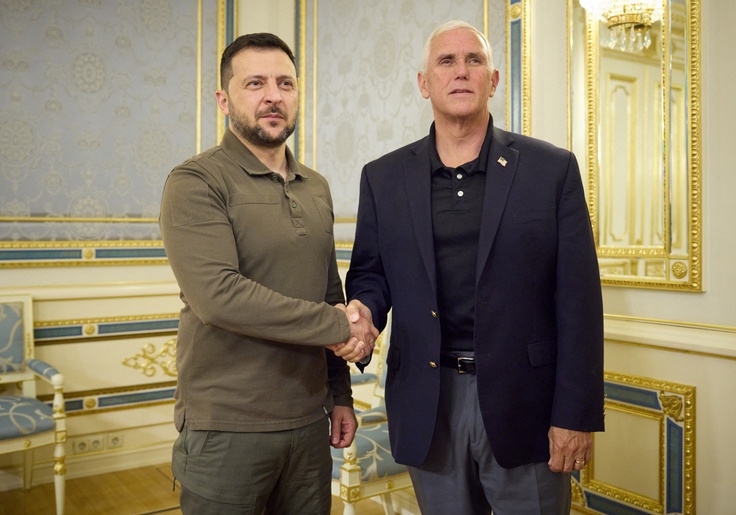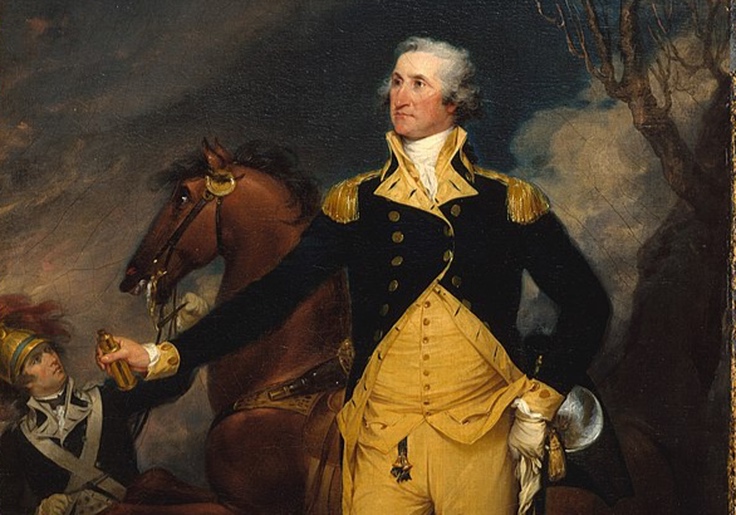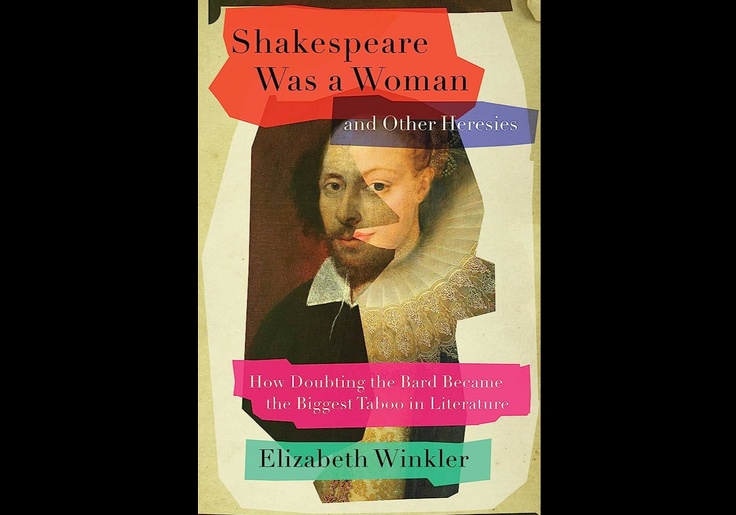About a decade ago, the Independence Day and Godzilla filmmaker Roland Emmerich directed a film, Anonymous, that probed the Shakespeare authorship question. Despite cameos from noted Stratford skeptics Mark Rylance and Derek Jacobi, the picture was a ludicrous farrago. A decent Rhys Ifans performance as Edward de Vere, Earl of Oxford—often put forward as the "real" author of Shakespeare’s plays, but forced to seek anonymity behind the mask of an actor-for-hire from Stratford-upon-Avon for respectability’s sake—was buried under a typical barrage of Emmerichian bombast. In Independence Day and The Day After Tomorrow, the director laid waste to the world, but in Anonymous, he destroyed the Oxfordian argument through sheer ineptitude of approach.
The film was, of course, a commercial failure, and it failed to put an end to a debate that has been raging, in some form, since the middle of the 19th century. If you consult that oracle of knowledge, Wikipedia, you will find a total of 87 people who have been put forward, at one time or another, as being the "real" author of Shakespeare’s plays. This includes everyone from the just about comprehensible (Christopher Marlowe, Francis Bacon) to the frankly ludicrous. It was once suggested that the playwright was, in fact, an Arab scholar named Shaykh Zubayr—Anglicized to "Shakespeare"—who had been shipwrecked while on a trading vessel and had somehow made his way to Stratford, written the complete works of William Shakespeare, and even endeared himself to Elizabeth I in the process. It says all that needs to be said for this theory that it was a favorite of Colonel Qaddafi’s, who publicly endorsed it in 1989.
The journalist and critic Elizabeth Winkler, then, enters into a tempest of her own with Shakespeare Was a Woman, which seeks to further an argument that she first proposed in the Atlantic in 2019. That feature suggested—albeit without much in the way of concrete evidence—that "Shakespeare" might have been a nom de plume for the English female poet Emilia Bassano, who was not, in her reading, the so-called Dark Lady to whom he addressed many of his sonnets. In an entertaining early set-piece, Winkler details the outrage her piece caused; she was accused of "conspiracism," denigrated as neurotic, even deranged, and her refusal to accept the "Stratfordian" belief that William Shakespeare, son of a Stratford glover, was the author of the 38 plays and hundreds of poems that bear his name saw her compared to Holocaust deniers.
Yet this book is clearly the result of the interest that her feature stirred up; published by the "subversive spirits" at Simon & Schuster, it has been launched to an avalanche of hype and expectation, complete with endorsements by the bestselling likes of Stacy Schiff and Karen Joy Fowler. Is it possible that Winkler succeeds where countless others have failed and successfully challenges centuries of scholarship?
It is undeniably true that little is known of Shakespeare’s life. The stories that are commonly recognized (the "second-best bed" bequeathed to his wife; the various records of his property purchases in Stratford) say nothing about his work as a playwright, and in the absence of hard evidence, it is easy for the inquisitive—or the opportunistic—to attempt to fill this apparent vacuum with their own theories. Winkler places herself at the center of her narrative, writing breathlessly, "Should I write it? Did I dare? The taboo was alluring." Then a professor urges her to undertake the quest, and, no doubt aided by a substantial advance check, Winkler travels to England to remonstrate with the Stratfordians and to unearth the truth which hundreds of scholars, critics, and attention-seekers have failed to delve to the bottom of.
Shakespeare Was a Woman may not work especially well as a piece of investigative scholarship—it is not a spoiler to reveal that not only does Winkler not come to any definitive conclusions about the authorship question, but her previous extolment of Bassano as "William Shakespeare" is briefly recapped and then ignored. But, perhaps unintentionally, it’s enormously entertaining as a comedy of manners about academic scholarship. The eminent likes of James Shapiro and Stanley Wells, fully paid-up Stratfordians who have spent their lives arguing with the likes of Winkler, are portrayed as characters straight out of a Philip Roth campus novel, refusing to engage with their interlocutor’s questioning and losing their tempers at her—in her own estimation, at least—salient arguments. And they’ve bitten back, too; Sir Jonathan Bate, who is criticized here for his Stratfordianism, has already reviewed the book in the Daily Telegraph and described its author as "entertaining … [but] sometimes cruel."
Meanwhile, Winkler approvingly cites Alexander Waugh, grandson of Evelyn, as, in his words, "an out-and-out anti-Stratfordian" and proponent of the Oxfordian theory. It should be noted that Waugh—like his illustrious forbear, and indeed his father Auberon—is generally regarded by his countrymen as a provocateur with a neat sideline in flamboyant mischief-making, even though his Oxfordian beliefs appear to be both sincere and deeply held. Yet his presence (over a lunch at his manor house of "venison, courgettes, omelet, sausages and salad") is a boisterously entertaining one, and hints at another, more darkly comic book than the one Winkler has produced.
There is undeniably something depressing about the "Bardolaters," as the late critic Harold Bloom so fatuously styled himself. Shakespeare may have been the greatest playwright who ever lived, but his work is not and should not be above criticism; one thinks of Ben Jonson’s famous quip, "I remember the players have often mentioned it as an honor to Shakespeare that in his writing, whatever he penned, he never blotted out a line. My answer hath been, ‘Would he had blotted a thousand.’"
Yet Shakespeare Was a Woman does not concern itself with any serious attempt at questioning bardolatry, but instead sees Winkler place herself at the heart of a modish—if oddly pointless—argument. In the end, surely, Shakespeare remains a writer who can illuminate the human condition with pathos, wit, and poetry. Seeking to unearth spurious biographical details might be a legitimate journalistic task, but it also runs the risk of seeming like after-the-fact gossip. Finishing Winkler’s book, I was reminded of Touchstone in As You Like It, and his recollection of an old saying: "A fool thinks himself to be wise, but a wise man knows himself to be a fool." Those who seek to delve into this intriguing but ultimately unfruitful topic might be wise themselves to bear that injunction in mind.
Shakespeare was a Woman and Other Heresies: How Doubting the Bard Became the Biggest Taboo in Literature
by Elizabeth Winkler
Simon & Schuster, 399 pp., $29.99
Alexander Larman is a journalist, historian, and author, most recently, of The Windsors at War: The King, His Brother, and a Family Divided (St. Martin’s Press).












